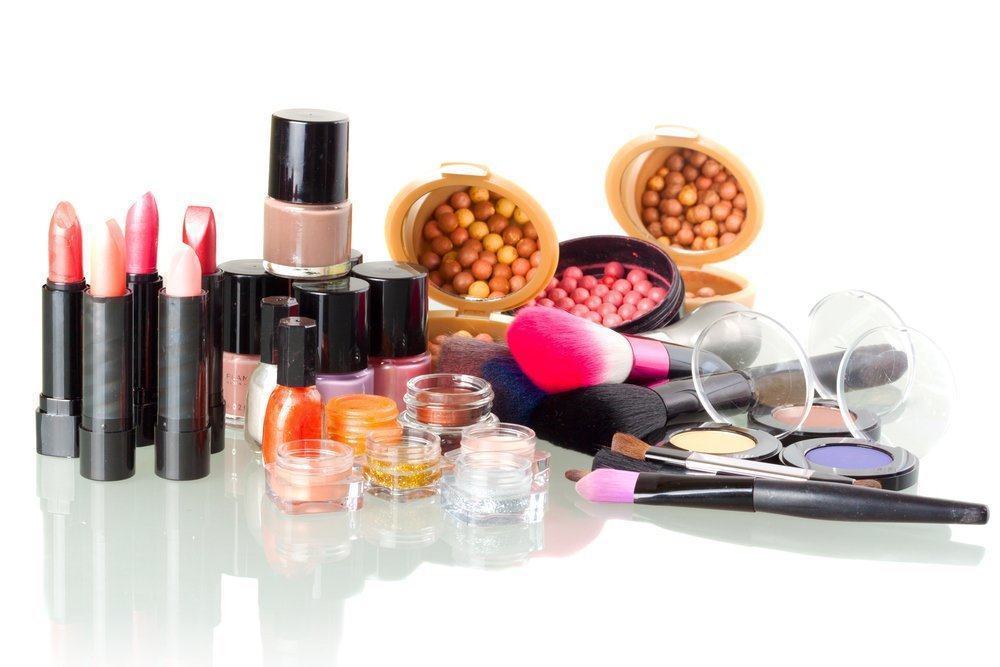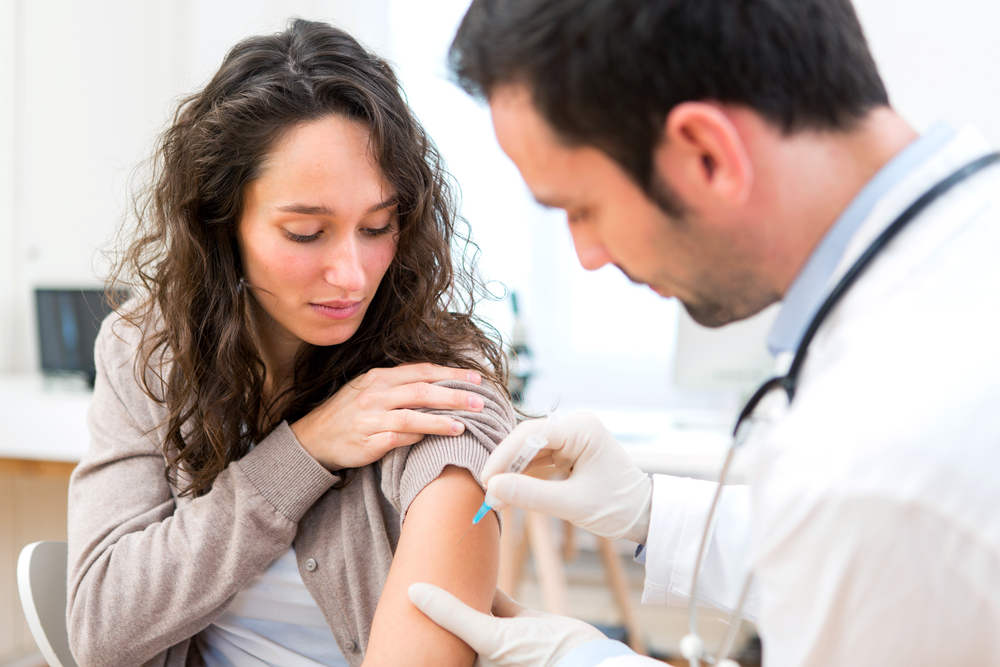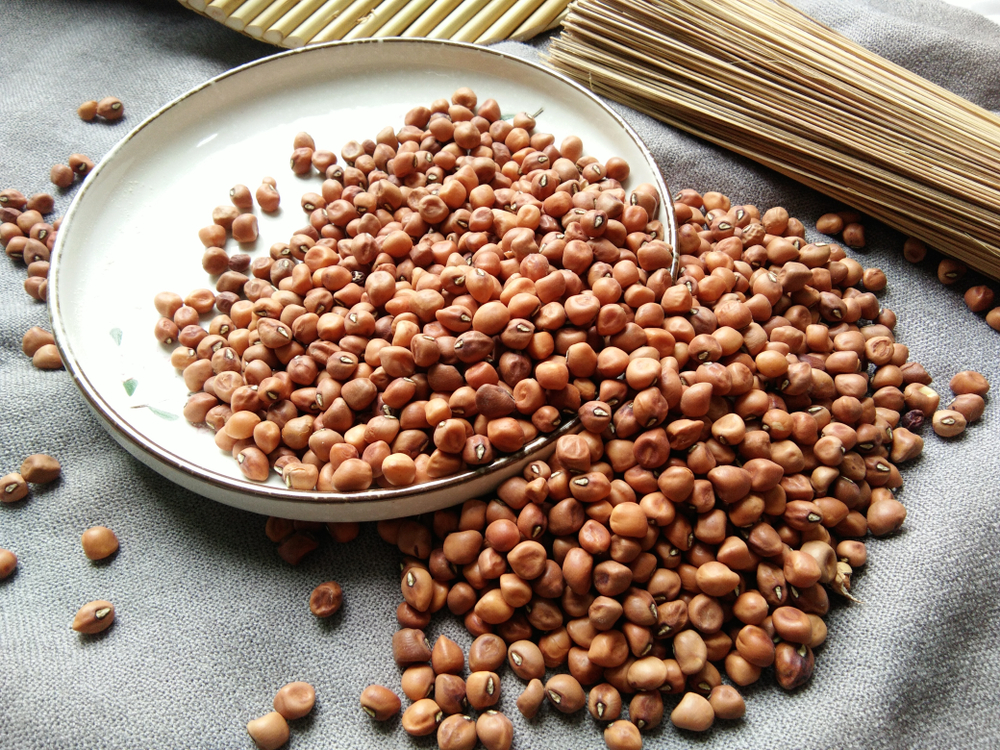Contents:
- Medical Video: Deadly Ingredients in Your Skincare!
- What products usually have parabens?
- What are the dangers of parabens?
- 1. Endocrine disorders
- 2. Skin cancer
- 3. Interfering with fertility
- Prohibition of using parabens
- How do you avoid it?
Medical Video: Deadly Ingredients in Your Skincare!
There are approximately 35 types of hazardous chemicals contained in cosmetics. One of the most we find is parabens. You must have seen a label that says "paraben free“ on beauty products.
Paraben is a preservative used in a variety of body care productsto prevent the growth of fungi, bacteria and other microbes in creams and cosmetics, especially in damp places such as bathrooms. These endocrine disrupting chemicals can be absorbed through the skin, blood, and digestive system. According to Arthur Rich Ph.D., a cosmetic chemist at Chesnut Ridge, New York, about 85% of cosmetics on the market contain parabens.
What products usually have parabens?
All products that have a composition ending in parabens such as ethylparaben, butylparaben, methylparaben, propylparaben, isobutylparaben, isopropylparaben, etc., we must be aware of. Parabens can also be found in food, but the following products are the ones we use most often, such as:
- Shampoo
- Conditioner
- Lotion
- Deodorant
- Face wash
- Bath soap
- Scrub
- Cosmetics
What are the dangers of parabens?
Regular and long-term use of products containing parabens can cause a variety of health problems, from mild to serious.
1. Endocrine disorders
Parabens have the potential to interfere with endocrine because of their ability to mimic estrogen. In cell studies, parabens bind weak estrogen receptors. A 2004 study detected parabens in breast tumors. Studies show that at sufficient concentrations, parabens can increase cell proliferation (cell growth rate) of MCF-7 breast cancer, which is often used as a measure of sensitivity to estrogenic activity. In MCF-7 cells, isobutylparaben and isopropylparaben most potential for proliferation, but they are still 170,000 times lower than estradiol.
The so-called "long chain" parabens, such as butylparaben, isobutylparaben, isopropylparaben and propylparaben, have the strongest estrogenic activity among those widely used in body care products. A study revealed that prenatal isobutylparaben in mice showed increased uterine weight and uterine sensitivity to estrogen in offspring. Ethylparaben shows low levels of estrogenic activity and methylparaben shows almost no estrogen activity. In addition to carrying out estrogenic effects, parabens can block androgens (such as testosterone) and inhibit enzymes that metabolize estrogen.
2. Skin cancer
Using skin care productswhich contains parabens, especially methylparaben can trigger damage to skin cells and disorders of cell proliferation. Daily use can cause increased concentration methylparaben because this substance cannot be fully processed by the body. When parabens are combined with other estrogenic chemicals, they have the potential to affect the development of malignant melanoma (a form of skin cancer), through estrogenic and genotoxic activity.
3. Interfering with fertility
Propylparaben and butylparaben could reduce sperm production and trigger a decrease in testosterone levels, whereas methylparaben and ethylparaben does not affect sperm production. These effects will appear depending on the dose you use. In addition, a study found that exposure butylparaben for women during pregnancy and breastfeeding will change the mating of reproductive organs and sperm production.
Generally, propylparaben and butylparaben can disrupt the male reproductive system and affect the reproductive organs. This is caused by estrogenic activity described above.
Prohibition of using parabens
In 2014, the European Union Regulatory Commission banned isopropylparaben, isobutylparaben, phenylparaben, benzylparaben, and pentylparaben. And on April 16, 2015, the EU Commission assessed that use butylparaben and propylparaben continually has potential risks to human health. Therefore, its use must be in accordance with the recommendations Scientific Committee on Consumer Safety (SCCS). Although the use of parabens in cosmetics is relatively small, but if the entire product personal care and the cosmetics we use every day have parabens, of course it will be dangerous.
How do you avoid it?
Look for products labeled "paraben free"And read the list of ingredients on the label to avoid products that have parabens. Many producers of natural and organic cosmetics have found effective alternatives to prevent microbial growth in body care products without having to use parabens. Some companies have also created preservative-free products that have shorter durability than conventional products, namely six to one year.
READ ALSO:
- Ingredients in cosmetics that should be avoided by pregnant women
- Pregnancy Glow: Is the Skin of Pregnant Women More Serious?
- Cosmetic Expiration: When Should We Dispose of Makeup?












